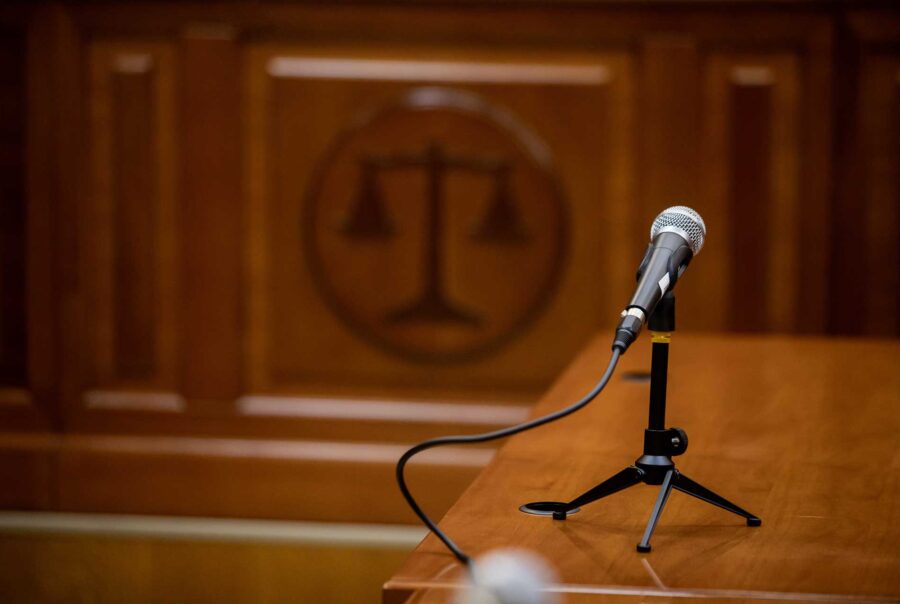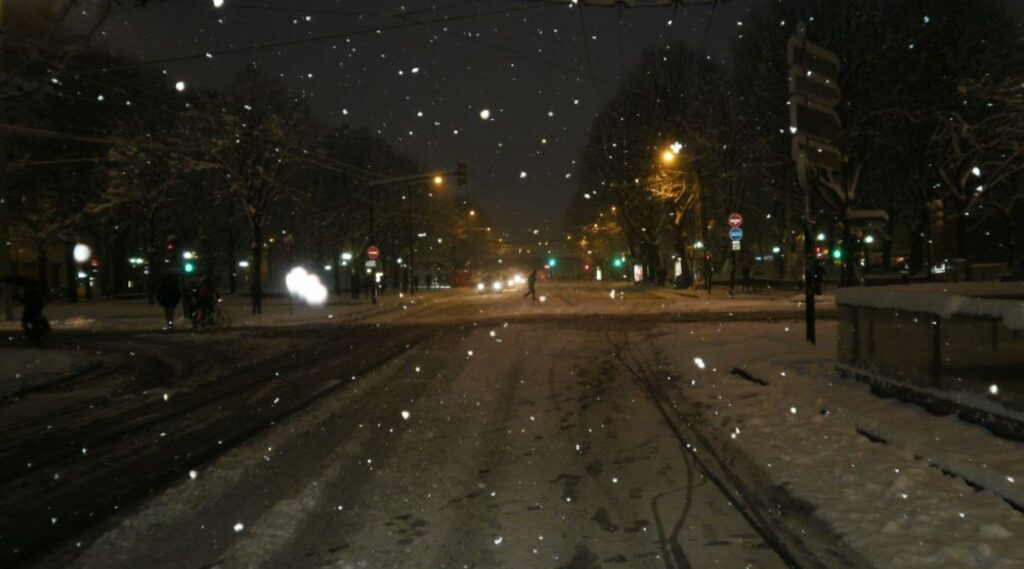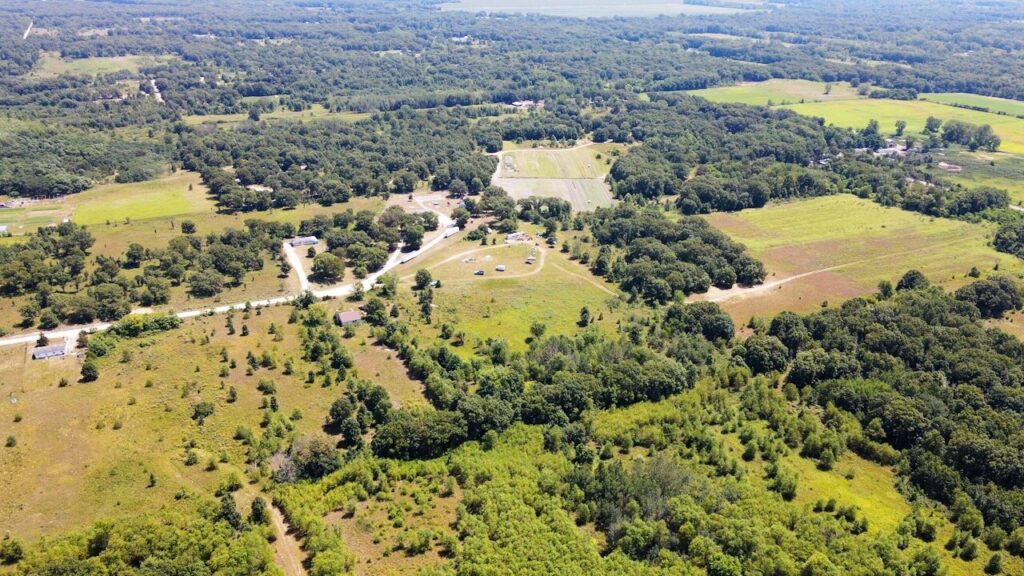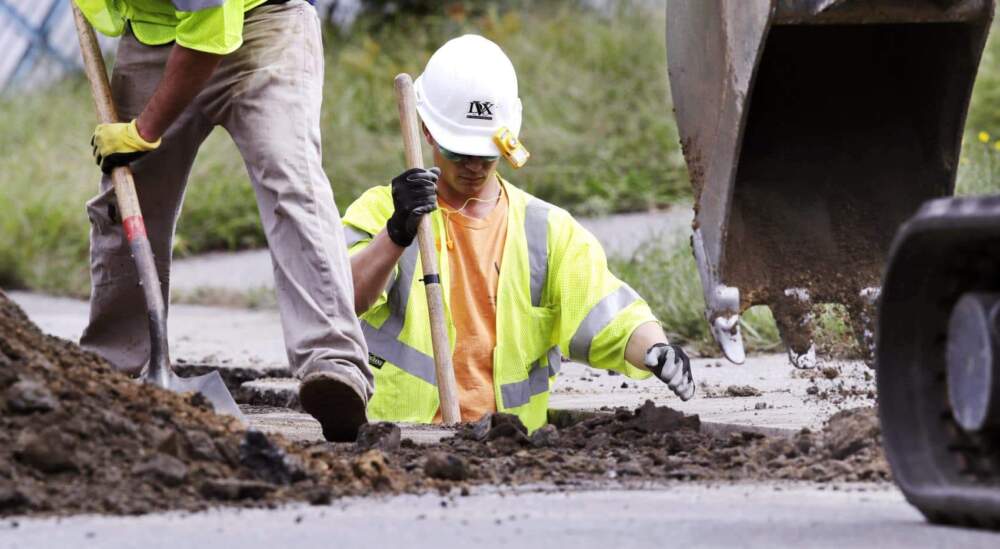Community Expert Testimony
Gregory Norris
Community expert Gregory Norris testified to the need for advocacy on behalf of overburdened communities to keep energy providers focused on the needs of these communities. He noted that programs don’t provide enough assistance, and the help they do provide is not lasting.
Ameren should provide energy efficiency and weatherization for those with the highest energy burden, Norris testified, and in communities that have been harmed or lacked investment historically, focusing on investments that will reduce energy bills the most. He also drew attention to the opportunity for training and hiring local community members for the energy transition workforce, which will provide multiple benefits: easing the shortage of contractors, increasing utility customers’ ability to pay their energy bills, and developing a more diverse, local and trusted workforce that is [art of the neighborhood.
Norris called for more genuine local engagement with neighborhoods and communities, to bring Ameren’s programs to communities who could benefit the most.








